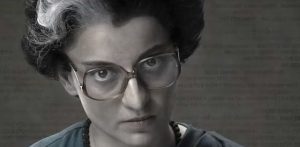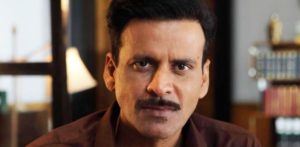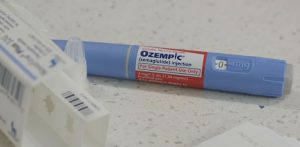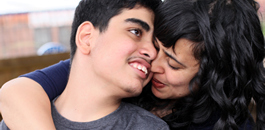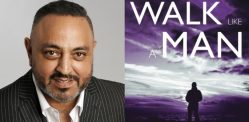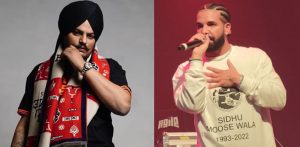"If you have a more disability respecting world, our children wouldn't have difficulties."
Disability features across many communities within society. We all know of someone who has a disability of some kind; either directly related to us, or someone that we know of.
According to government statistics, the Office for Disability Issues (ODI) estimates that 11 million people in the UK have a disability. Six per cent of them are under the age of 16.
Even with such a high number of disabled men, women and children living around us, stigmas related to disability sadly still exist, particularly in the Desi community.
Think back to a disabled person that you know of in your community. How have they been treated? Do they have many friends? Do they go out as much as you do, or are they ‘hidden away’ by conscious family members trying to protect their disabled loved ones?

Parmi Dheensa is the mother of charming young Callum Dheensa. At 15 years old, Callum has several impairments; vision impairment, global development delay, severe learning disability, dyspraxia and epilepsy. He requires constant care.
In an exclusive Gupshup with DESIblitz, Parmi talks in more detail about Callum’s disability: “Callum was born 3 months premature. He had complications, and ended up incurring a brain injury.”
A brain scan showed Cysts (holes) all over his brain as a result of Callum suffering global brain damage. Parmi ensured Callum would have a good quality of life despite all his sensory impairments, physical and learning difficulties. As Parmi explains, it is the epilepsy that has caused the greatest concern and harm growing up:
“With epilepsy, I never realised that it can make somebody regress. So from having a 2-year-old who had actually started singing along to ‘Row, row, row your boat’, I remember how devastating it was with my son when I realised that he was unlearning things.”

Yet, once the label of disability is placed onto an individual, their interaction and social standing among others can alter forever.
Disability invites opinions of ‘difference’ or ‘otherness’, which for many in the Desi community leads to non-acceptance. Many are quick to judge, and automatically distance themselves through fear and ignorance:
“We need to as an Asian community openly talk about disability and celebrate it. We need to be a bit more kinder to each other, a bit more understanding, a lot more receptive to it and be accepting,” Parmi rightly says.

This archaic attitude exists primarily due to a lack of education and understanding of the issue itself. Another challenge is that the correct translation for terms like ‘autism’, ‘dyspraxia’ and ‘epilepsy’ in either Hindi, Urdu or Punjabi simply don’t exist. As Parmi explains:
“We don’t even have the language for disabilities. When we’re trying to explain to services, and when we’re trying to explain to families certain conditions in many of our Asian community languages, we haven’t got the words that describe cerebral palsy, describe autism, describe epilepsy for example.”
It can be overwhelming for parents who raise a disabled child, especially if English is a second language, as many are unsure of where to go to for support, access information, or even their rights and entitlements.
For this reason, Parmi has founded a charitable organisation called Include Me TOO.

“The premise really is to make a change in the world. We went out there on a mission to make the world a better place for families with disabled children and young people,” Parmi tells us.
The incredible organisation, Include Me TOO will also be holding it first ever awards recognising the achievements of local people from the community. It has been created to celebrate inspirational disabled children, young people and their families from Black, Asian and Minority Ethnic communities.
Nominations are currently open for friends and family to vote from 12 award categories, including ‘Child and Young Person of Courage’, ‘Inspirational Young Persons Awards’ and ‘Inspirational Grandparent/s of the Year’.

“If you have an understanding world, a more adaptable world, a more disability respecting world, our children wouldn’t have those difficulties,” she adds.
Her advice for parents new to disabled children: “Take a deep breath, it is a different journey, it might not be the journey we planned. You’re going to have your good days and your bad days but every child is a blessing.”
For Parmi and her family, Callum is certainly a blessing, and Parmi hopes that she can continue to give him a happy and fulfilling life: “I want him to have the best of life. I want him to experience friendships, relationships with his friends, with his family. I really want him to enjoy life just like any other child.”
Nominations for the Include Me TOO National Community Inspiration Awards close on Friday 17th October 2014 at 5pm. You can nominate for yourself or on behalf of another via the Include Me TOO website.











